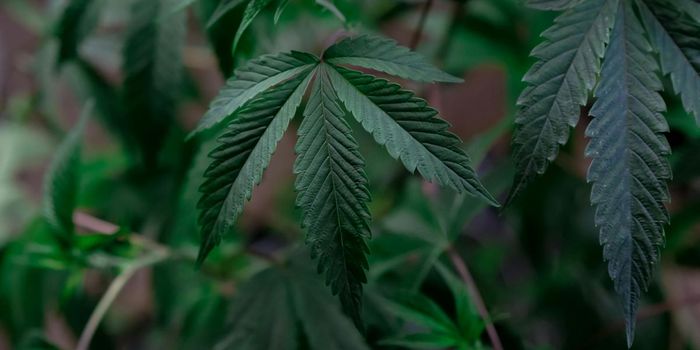Medical Cannabis Doesn't Reduce Addiction Risk
Medical use of cannabis is not linked to a reduced risk of addiction when compared to nonmedical use, reports a new study. The findings were published in JAMA Psychiatry.
Studies show that patients often use cannabis daily or almost daily to manage their conditions. However, frequent cannabis use and cannabis disorder (CUD) are linked to an increased risk of negative health, social, and academic outcomes. Understanding more about cannabis use patterns could inform both patients and clinicians about the risks of cannabis use.
In the current study, researchers examined differences in cannabis use frequency and CUD prevalence among three groups of cannabis users. Among the groups were those who used cannabis for medical purposes only, i.e. all cannabis use was recommended by health care professionals, mixed medical and nonmedical use, as well as nonmedical use alone. Participants were adults aged 18 to 49 years old in the US.
The researchers sourced their data from the 2021-2022 National Surveys on Drug Use and Health, which includes measures of past-year cannabis use, use frequency, CUD, and other substance use disorders. Ultimately 72, 668 adults reported past-year cannabis use, of whom 83.7% reported nonmedical-only use, 9.2% medical-only use, and 5.7% mixed-use. Just over a third of users had CUD.
After analyzing the data, the researchers found that men and women reporting medical-only or mixed use had a higher incidence of severe, moderate, and mild CUD than those only reporting nonmedical use alone. The groups also reported more frequent cannabis use.
“These findings suggest that medically recommended cannabis is not associated with reduced addiction risk compared with nonmedical use. Higher CUD prevalence among adults with medical-only use might reflect more frequent cannabis use,” wrote the researchers in their study.
“Clinicians should consider addiction risk before recommending medical cannabis and, if they do, should monitor for CUD emergence,” they concluded.
Sources: JAMA Psychiatry, EurekAlert









